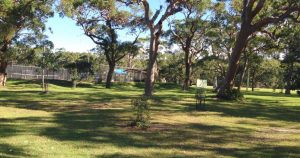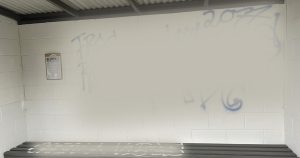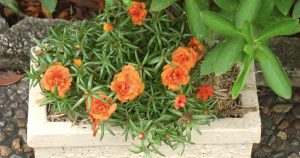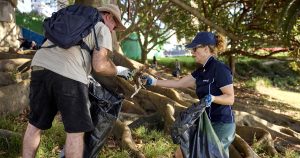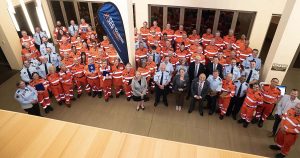In the last 40 years, 75% of the world’s flying insects and 81% of freshwater fish and water-based animals have disappeared. 99% of Australian oyster reefs are now dead. Shocking figures like these lead scientists to think we are in the 6th mass extinction in the last 500 million years. When the smaller species die, the larger ones are next: an Ibis eats 250 insects every day.
This is partly due to loss of natural habitat, with clearing for houses, roads, cattle grazing etc. What can we do about it on our properties? Here are a few easy suggestions:
• Messy properties and farms are good for biodiversity, so we don’t have to convert our places into a neat tidy lawn monoculture. Leave some areas with rotting logs and longer grasses for insects to live.
• Keep a bushy mid-layer of vegetation between grasses and trees to provide a home for small birds, safe from the large birds.
• Leave dead tree trunks in place for birds, bats and climbers, after cutting off branches that are likely to fall. Hollows form on the trunk over time to provide homes. Some of these last for a hundred years and it takes time to form the large hollows, although cutting artificial holes can help. The vulnerable Powerful Owl nests in large holes in this area. We can do these while still keeping fences cleared and managing bushfire risk.
For more information about local Landcare our website is http:// www.stillcreeklandcare.com.au/ or on Facebook or phone us on 9653 2056.


